Electronic Health Record (eGD)
Today, information about patients is scattered in many places, be it at the person to be treated himself, at different doctors' practices, at the hospital, at the pharmacy, at the nursing home, etc.. As a result, they are not available regardless of time and place. Modern eHealth solutions, in particular the so-called electronic health dossier (eGD), eliminate this problem and at the same time help to minimize risks (e.g. in connection with medication incompatibilities) as well as to eliminate diagnostic errors and duplications in treatment.
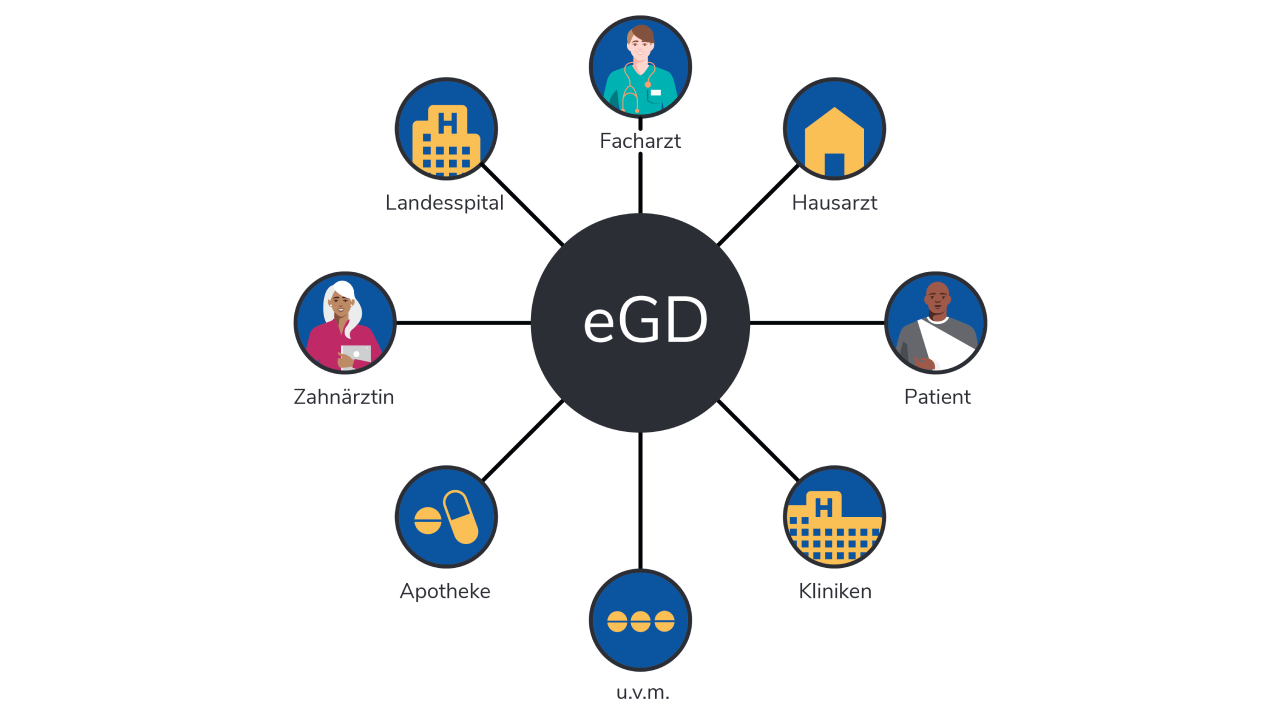
The eGD is a collection of predefined medical data and information such as doctor's reports, laboratory findings, X-rays and medication lists. But important information such as allergies and intolerances can also be stored in it. Technically speaking, this collection of data is an electronic database.
For you as a person with health insurance in Liechtenstein, an eGD is provided by the Liechtenstein National Administration. Treatment-relevant medical data and genetic data, which may arise in the course of medical treatment, are stored in the eGD by the health care providers, so that you, as a person with health insurance, can release the stored information to other health care providers at any time.
On 12.01.2023 a letter was sent to all households in Liechtenstein. The content of this flyer can be viewed here.
A legal basis for the processing of genetic data is required because it cannot be ruled out that genetic data may be the subject of findings and reports in a treatment case. Especially with regard to laboratory analyses, a reported result may contain certain genetic characteristics and inferences that cannot be separated from the recorded health data. At the same time, however, it may also be the case that the participant himself commissions analyses that serve to identify hereditary diseases.
Thereby, the possibility exists that genetic data can find its way into the electronic health dossier of a participant. However, it is absolutely not mandatory or necessary that genetic data be stored in the electronic health record as part of a treatment case. Rather, it is the specific situation of the treatment case of the person concerned itself that is decisive as to whether genetic data are stored at all and, if so, which genetic data are stored in his or her electronic health record.
The person concerned is free to delete findings or reports that allow genetic conclusions to be drawn at any time.
At this point, it is important to note that all of your health data and genetic data are considered very personal and must be protected accordingly. The aim of eHealth is to exchange data in a coordinated and controlled manner or to make it accessible to authorized persons. Without eHealth, there would increasingly be the problem that data would be exchanged in a largely uncoordinated manner using different (electronic) processes via a wide variety of communication channels, which is unfortunately already the case in many cases today in practice. Today's communication by eMail, fax and letter offers neither high data protection nor high data security - on the contrary!
This danger is to be reduced with the eGD.
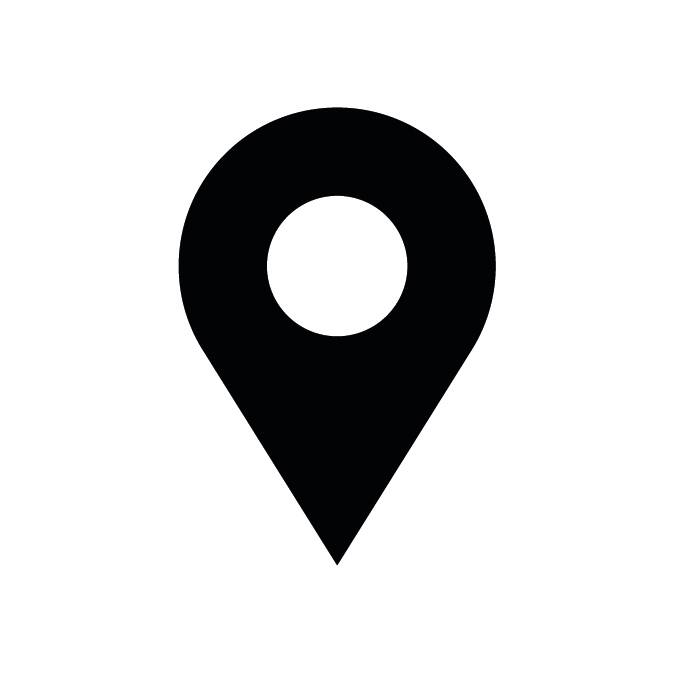
Location of data storage
The data is stored redundantly in modern high-security data centers in Switzerland.
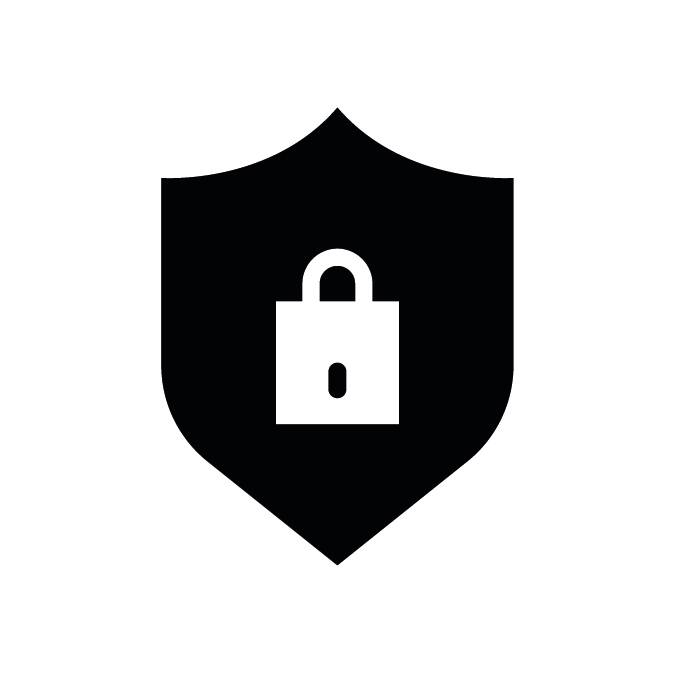
Data security
100% data security can never be achieved. In this regard, however, state-of-the-art procedures are used, from encryption of the data, to a state-of-the-art IT architecture, to vulnerability scanning and penetration testing, and more. In terms of data protection, the solution meets the DSGVO criteria (General Data Protection Regulation on the part of the EU/EEA)
The data sovereignty always remains with you as the person / patient with health insurance. You alone decide whether data should be stored in the eGD and which authorized health care providers should have access to this data. An exception to this is in a situation in which you, as the patient, can no longer decide which healthcare provider you wish to grant access to and to whom you do not (in an emergency situation). In such situations, authorized health care providers may access the eGD without your consent. However, each access (inside as well as outside of an emergency) is logged accurately so that at a later date it is easy for you, as a health plan member, to see who accessed your data. This prevents a health care provider from viewing data without authorization.
To prevent an uncontrolled number of health care providers from accessing the eGD over time, access to the eGD is usually blocked again after 28 days (applies to doctors and hospitals, for example) or after a few hours (applies to pharmacies). At the same time, however, it is possible for you as the insured person to specify trusted physicians (e.g. family doctor). For these trusted physicians, access will only be automatically blocked again after 365 days, and this blocking can simply be unlocked for another year.
The solution used in Liechtenstein is an established eHealth platform, which is used by Siemens Healthineers in many countries, in particular also in Austria (under the name "ELGA: Electronic Health Record) and in Switzerland (in cooperation with the Swiss Post AG) and is used by thousands of people every day.
Video: Siemens Healthineers
The solution complies with various international standards (e.g., IHE, HL7, DICOM) with the goal of standardizing and harmonizing the exchange of data between healthcare IT systems.
At the same time, the solution allows adaptation ("customizing") to Liechtenstein needs, e.g. with regard to the application of the eID.li for the authentication of persons with health insurance and healthcare providers.
An advantage of such a solution is also that Liechtenstein can benefit from further developments, which Siemens Healthcare will make anyway due to its international orientation with local presence in more than 70 countries worldwide.
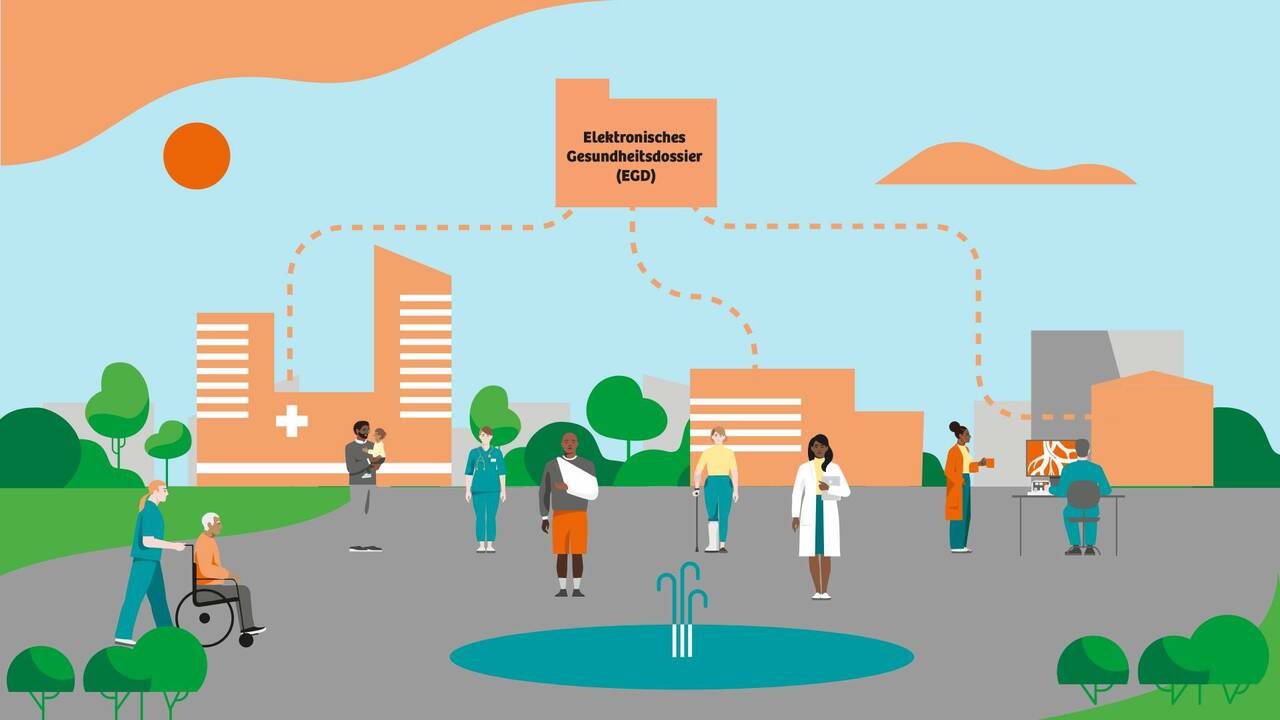
Health care providers are obliged from July 2023 to file medical data and information in the case of treatment in the eGD of the person with health insurance (Art. 19 para. 2 EGDG; Art. 5 para. 2 EGDG ), unless the person objects.
As a patient, you have data sovereignty and decide on the storage of data in the eGD as well as on access to these by service providers.
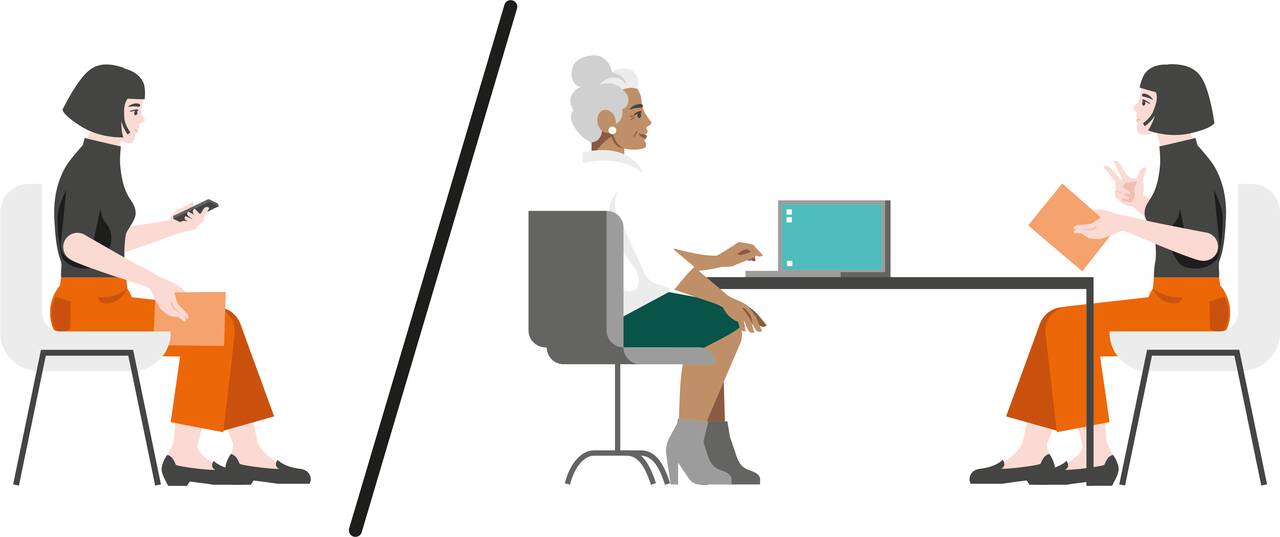
As a patient, your options include:
- View health data or genetic data via browser on smartphone or PC at any time
- Delete / hide health data or genetic data
- Manage access rights yourself
- Regulate access rights directly at the on-site doctor visit
- Object to the eGD
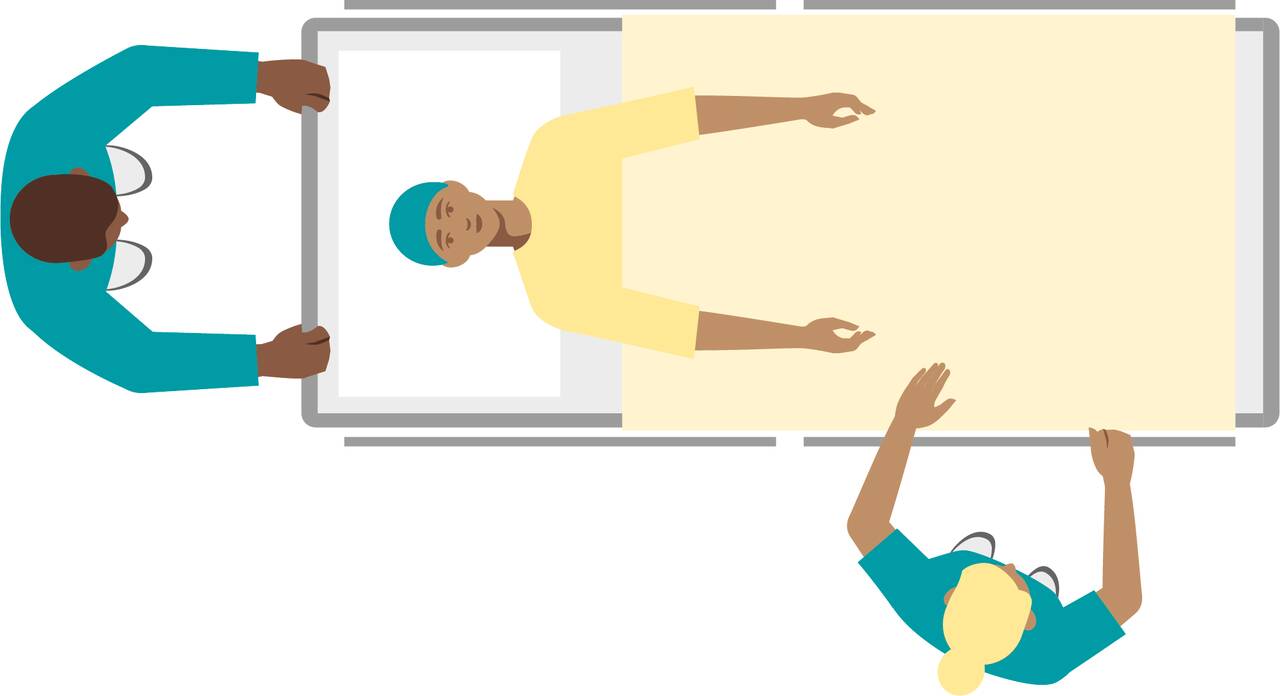
In case of emergency:
Accredited health care providers can access the eGD without your consent. However, each access is logged accurately so that at a later date it is easy for you, the patient, to see who accessed your data. This prevents a healthcare provider from viewing data without authorization. You can also block access at any time. In the event of unauthorized access, you can take legal action.
As a person with health insurance in Liechtenstein, you are free to decide whether or not you want to take advantage of the eGD for yourself.
As a person with health insurance, there are no costs for you to use the eGD.

With the introduction of eGD in the summer of 2023, you will receive, analogous to every person with health insurance in Liechtenstein, a dossier which will be continuously expanded with medical data and information (e.g. after a visit to the doctor or hospitalization by the treating health care provider)

If you do not want medical data and information to be stored in the eGD, you can object or also request at a later date that all data stored up to that point be deleted.
If you are unclear, have questions, or other concerns about eGD, you can reach the Office of Public Health at the following number:
Hotline eGD: +423 230 43 33
Alternatively, contact by e-mail is also available:
Email eGD: [email protected]